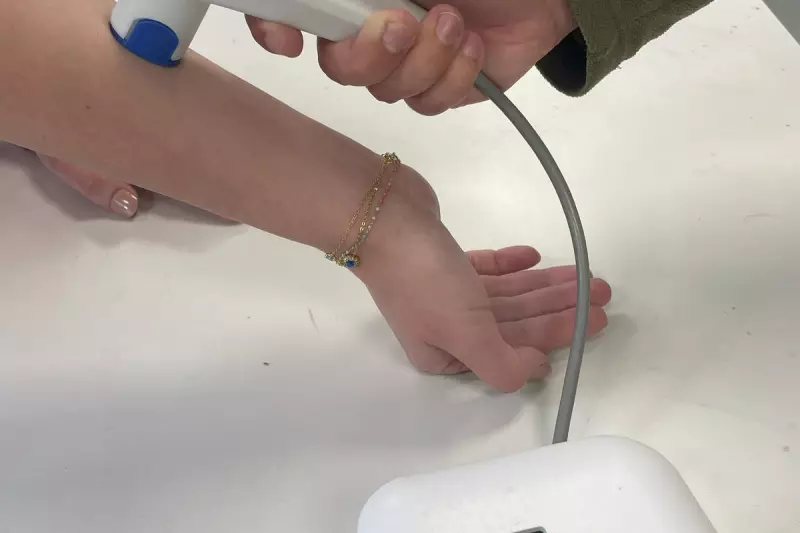
Millions of eczema sufferers across the UK could soon benefit from a revolutionary diagnostic technology that promises to transform how this chronic skin condition is detected and treated. Researchers at Singapore's Nanyang Technological University have developed a groundbreaking vibroacoustic sensor that analyses skin stiffness with unprecedented accuracy.
The Science Behind the Breakthrough
Unlike traditional methods that rely on visual assessment, this innovative device uses sound waves to measure the mechanical properties of skin. The sensor, smaller than a human fingernail, detects subtle changes in skin elasticity that are invisible to the naked eye but crucial for accurate eczema diagnosis.
Professor Chen Xiaodong, the lead researcher, explains: "Our technology represents a significant leap forward in dermatological care. By measuring skin stiffness, we can detect eczema earlier and monitor treatment effectiveness with objective data rather than subjective visual assessment."
Transforming Patient Care
The implications for eczema patients are profound. Current diagnosis methods often involve:
- Visual inspection by dermatologists
- Patient symptom reporting
- Trial-and-error treatment approaches
- Lengthy waiting periods to assess treatment effectiveness
This new technology could reduce diagnostic uncertainty and help doctors create more personalised treatment plans tailored to individual patients' skin characteristics.
Clinical Validation and Future Applications
In rigorous testing involving 37 children and 20 adults, the sensor demonstrated remarkable accuracy in distinguishing between healthy skin and areas affected by eczema. The research team is now exploring additional applications, including:
- Monitoring treatment progress in real-time
- Preventing flare-ups through early detection
- Adapting to other skin conditions like psoriasis
- Integration with wearable technology for continuous monitoring
While the technology is still in development, it represents a beacon of hope for the estimated 15 million people in the UK living with eczema. The researchers anticipate that with further development and regulatory approval, this innovation could become standard in dermatology clinics within the next few years.





